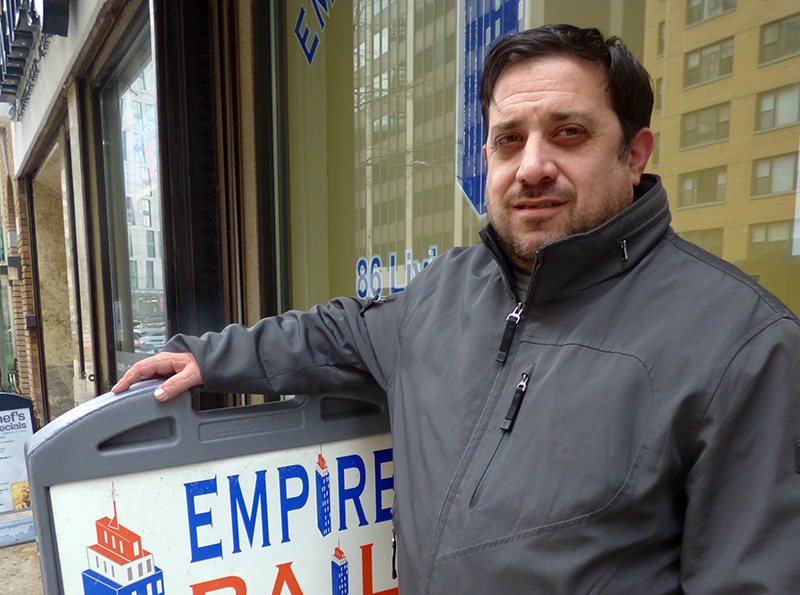Stringer’s push to abolish bail bonds doesn’t sit right with N.Y.’s Bail Bond Queen
Comptroller wants them axed as burden on poor

Roughly 10 commercial bail bond establishments line the streets of Downtown Brooklyn and Brooklyn Heights, most within easy walking distance of the Brooklyn House of Detention.
New York City Comptroller Scott Stringer wants these businesses eliminated. Last week, he issued a report calling for the total abolishment of commercial bail bonds in the city — and eventually the state and nation — saying the industry plays an unnecessary and expensive role as a middleman in the bail process.
According to Stringer’s report, the city spends $100 million a year to lock up people too poor to make bail. More than 80 percent of these are black or Hispanic and 40 percent are under 30 years old.

Brooklyn Boro
View MoreNew York City’s most populous borough, Brooklyn, is home to nearly 2.6 million residents. If Brooklyn were an independent city it would be the fourth largest city in the United States. While Brooklyn has become the epitome of ‘cool and hip’ in recent years, for those that were born here, raised families here and improved communities over the years, Brooklyn has never been ‘uncool’.